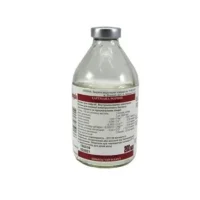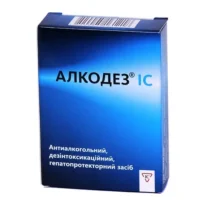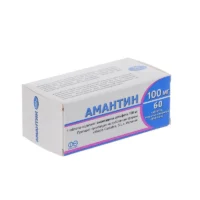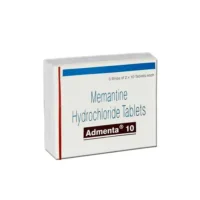Description
Proxium: Treatment for Acid-Related Disorders
Ingredients:
- Active ingredient: Esomeprazole
- Other ingredients: Mannitol, crospovidone, citric acid, sodium hydroxide, hydrochloric acid
Dosage:
The recommended dosage of Proxium is 40 mg once daily. Reconstitute the powder with sterile water for injection and administer intravenously over 10-30 minutes.
Indications:
Proxium is indicated for gastroesophageal reflux disease (GERD), erosive esophagitis, and gastric ulcers caused by Helicobacter pylori infection.
Contraindications:
Avoid Proxium if allergic to esomeprazole or any ingredients. Contraindicated with medications like nelfinavir or atazanavir.
Directions:
Follow healthcare provider’s instructions for reconstitution and administration. Do not mix with other medications or solutions.
Mechanism of Action:
Proxium inhibits the proton pump in gastric cells, reducing acid secretion and aiding in acid-related disorders treatment.
Scientific Evidence:
- Esomeprazole in Proxium effectively reduces gastric acid secretion and heals erosive esophagitis.
- Research in the American Journal of Gastroenterology shows esomeprazole’s superior efficacy in treating GERD compared to other proton pump inhibitors.
Additional Information:
Use Proxium under healthcare professional supervision. Inform about other medications to prevent interactions.
Clinical trials demonstrate Proxium’s efficacy, tolerability, symptom relief, and healing of esophageal lesions, improving quality of life and reducing reflux symptoms.





